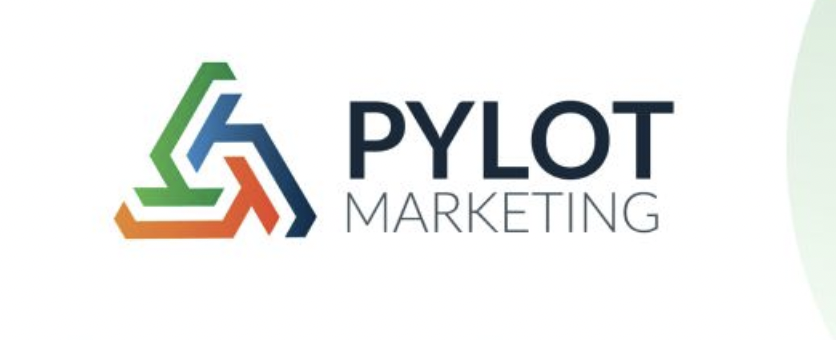No three letters are more crucial than SEO for those who work in the digital marketing sector and for companies that are acquainted with it. The method of optimizing a website or webpage’s visibility in an online search engine’s unpaid results, also known as “natural,” “organic,” or “earned” results, is known as search engine optimization.
Being on top search in Google is regarded as the pearl and the secret to any effective digital marketing strategy out of all the search engines that are available on the internet. It can be challenging to determine exactly what is required to rank highly, though, because Google has a propensity of tweaking its algorithm often.
As the firm constantly updates its criteria to decrease the occurrence of low-quality results pages, Google utilizes a number of distinct standards to rank websites. These standards are known to change regularly. On each of their extensive lists of criteria, one thing does, however, consistently emerge: connections are about quality, not number.As the firm constantly updates its criteria to decrease the occurrence of low-quality results pages, Google utilizes a number of distinct standards to rank websites. These standards are known to change regularly. On each of their extensive lists of criteria, one thing does, however, consistently emerge: connections are about quality, not number.

White Hat vs. Black Hat Links
Two distinct link-building tactics are referred to as “White Hat” and “Black Hat.” The act of connecting to material that targets human visitors and caters to their interests is generally referred to as using white hat SEO techniques. On the other hand, black hat tactics are specifically designed to trick a search engine’s algorithms in order to rank higher.
The greatest white hat SEO strategies involve finding useful keywords and putting them into the plan, modifying metadata for relevance, and creating high-quality material that human visitors find interesting and significant.
Contrarily, black hat SEO techniques frequently utilize spamming, keyword stuffing, and link farming (also known as spamdexing), where each page is crammed with links meant to entice visitors to stay on your site longer. These performances are just competitive; they have no interest in connecting with a specific audience.
There is no question that Google disapproves of websites that use black hat SEO techniques and has gone to considerable efforts to blacklist websites that engage in these tactics.
Black hat tactics should be avoided if you’re serious about your digital marketing since they hurt your efforts more than they help.
Enter Backlinking
A backlink, as used in search engine optimization (SEO), is a hyperlink pointing from another Web page to your own Web page or website. These connections, also known as inbound links (IBLs), are crucial in establishing the popularity of your website. Many search engines, like Google, may prioritize websites with more backlinks in the search results pages because they are more relevant.
Building a backlink profile through link trading is still a feasible option. Offering connections to other websites in return for links back accomplishes this. A wide network of backlinks may result from this. Furthermore, you’ll acquire excellent content visibility as a byproduct.
Developing your link profile involves backlinking, and the key to success isn’t always the quantity of links, but rather the quality of connections, so as to prevent overusing the technique. Even while Google does not consider the practice to be “black hat,” they disapprove of the notion and penalize sites that use excessive backlinks.
In the quest for Google rankings, inexpensive approaches may let you advance much more quickly, but if Google learns what you’re doing, they will likely cause you to fall much more behind. Be patient, keep your nose clean, and concentrate on providing value to the site’s visitors.







